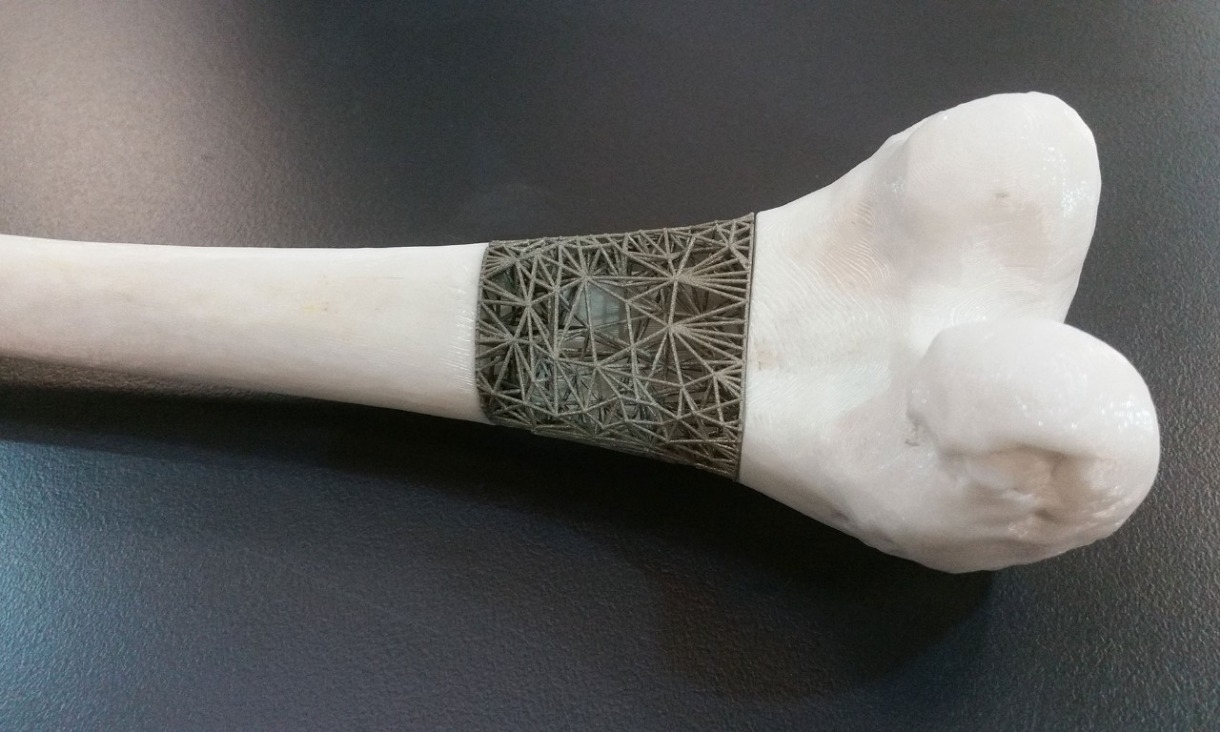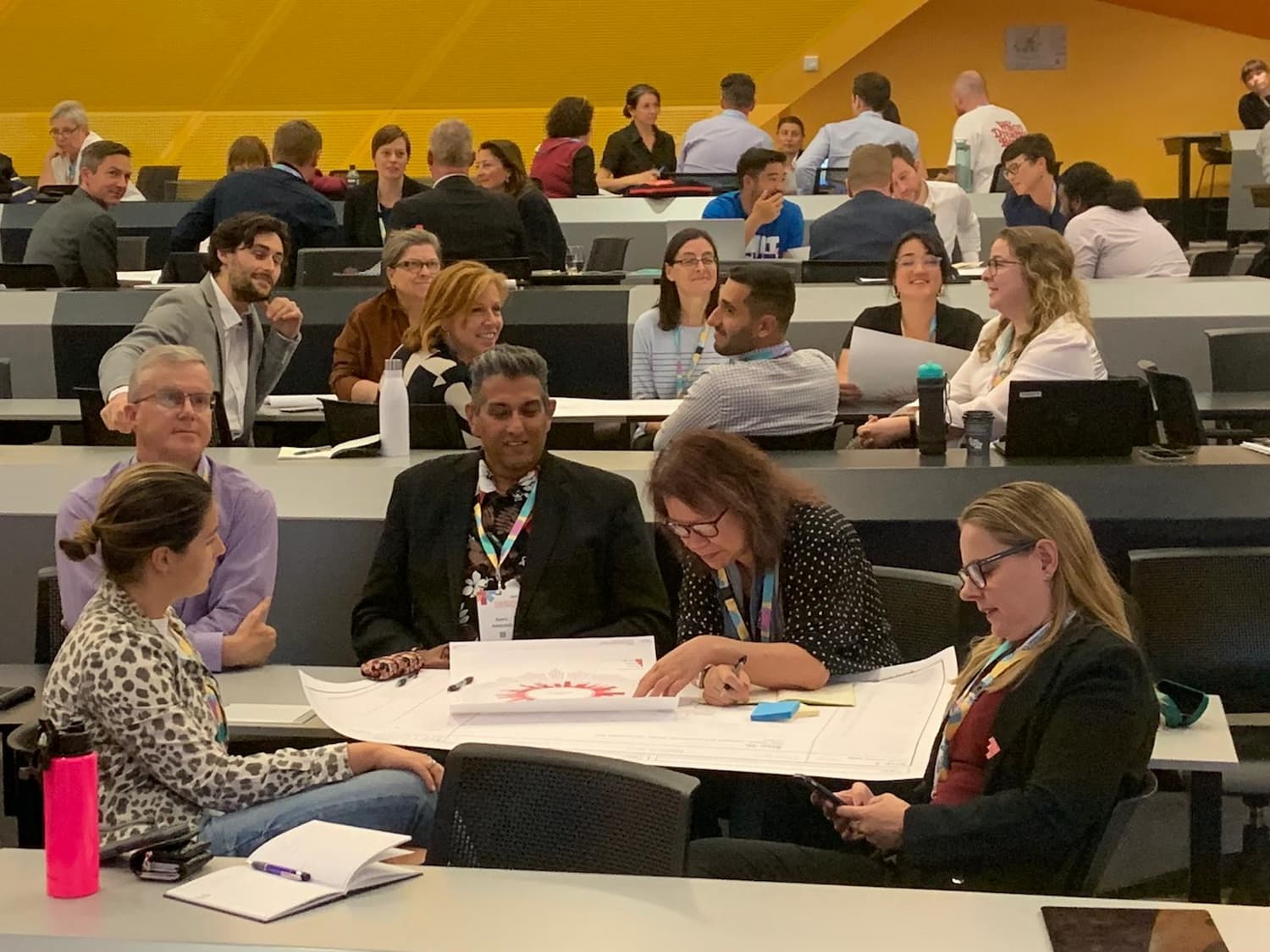3D printing has almost boundless potential for application in various areas of our lives.
This revolutionary technology is a subset of additive manufacturing and is now the focus of a major project funded by RMIT University looking at its role as a ‘disruptive technology’ in the Medical Technology (MedTech) industry.
Australia has hosted several innovations in the 3D printed medical device industry, however widespread adoption and diffusion has been quite low. This two-year project (supported by the Global Business Innovation and Advanced Materials, Manufacturing and Fabrication Enabling Impact Platforms) provided analysis of the industry, its stakeholders (i.e. surgeons, patients, small and large manufacturers, insurers, researchers and regulatory bodies), the barriers it faces.
This project brought together researchers from RMIT, Lund University in Sweden, University of Auckland, and industry partners Stryker and OMX Solutions, to investigate the adoption of additive manufacturing in the medical device sector. In particular, the study aimed to explore how it might impact upon the emergence of entrepreneurial opportunities, predominantly in relation to implants for the spine, hips and other joints.
The following two white papers were produced as outcomes from this project:
White Paper 1: Stakeholder mapping and identified four opportunity areas in the industry: Material Science, Technology, Business Models and Regulations, quality. It also provided industry road mapping and forecasting of the future of the industry.
White Paper 2: Targeted the opportunity area of business models, providing detailed descriptions of the barriers, analysing the root causes of barriers and proposing solutions.
Project Lead
- Dr. Sam Tavassoli, School of Management, RMIT
Project co-investigators
- Mr Leon Pope – School of Management
- Mr Aly Elghitany – School of Management
- Distinguished Prof. Milan Brandt – School of Engineering
- Prof Ma Qian – School of Engineering
- Prof Pia Arenius – School of Management
- Prof. Swee Mak – ADVC Research & Innovation Capability
- Prof. Olaf Diegel – University of Auckland
- Mr Babak Kianian – Lund University, Sweden
If you would like to know more about the Global Business Innovation Enabling Impact Platform, please contact, Director, Professor Anne-Laure Mention anne-laure.mention@rmit.edu.au






